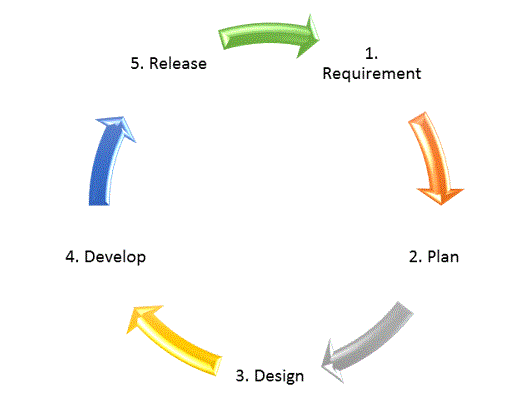Guildford is a large and famous town in Surrey, United Kingdom, located 27 miles (Approx 43 km) south-west of central London on the A3 trunk road midway between the Portsmouth and capital. The town has a population of approx 77,000 and is the seat of the wider Borough of Guildford which had an estimated 146,100 inhabitants in 2015.
Guildford has historian characteristics and Saxon roots, at its site to the presence of a gap in the North Downs where the River Wey was forded by the Harrow Way in 978 AD it was home to an ancient English Royal Mint.
Modern Guildford
In the 21st century, Guildford still has a High Street paved with granite setts often denoted to as cobbles and also one of the most costly places to buy property in the UK outside London. This town has a general street market held on Fridays and Saturdays. A farmer’s market is usually held on the first Tuesday of each month. There is an office for Tourist Information, Guided Walks and various hotels such as the historic Angel Hotel which served as a coaching stop on the main London to Portsmouth stagecoach route for a long time.
Culture
In High Street, Guildford has an art gallery named Guildford House Gallery. Guildford is managed by Guildford Borough Council and in the 17th century, it was listed Grade 1. The art collection of Guildford includes works of Guildford and its surrounding area and works done by Guildford artists most importantly by John Russell R.A. Guildford council also run the Guildford Museum housing archaeology, needlework displays and local history. Smaller important fine art galleries are also situated in the High Street.
Sport
Guildford's Spectrum Leisure Centre is a national prize winning sports centre that includes a diversity of pools (for leisure and serious swimming), Ten-pin bowling, a Laser tag area, an ice rink and an athletics track, general halls used for indoor sports includes trampolining and gymnastics. The Spectrum is home to several local sports teams, including the Guildford Flames of the English Premier Ice Hockey League and Guildford City Football Club of the Combined Counties Football League. Guildford International Volleyball Club has managed to win the top of the fourth division of the National Volleyball League.

 ENQUIRE
ENQUIRE
 REQUEST CALLBACK
REQUEST CALLBACK
 GET A FREE QUOTE
GET A FREE QUOTE


 Introduction
Introduction Course Details
Course Details Course Content
Course Content



 London
London